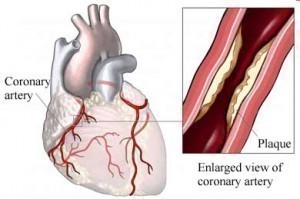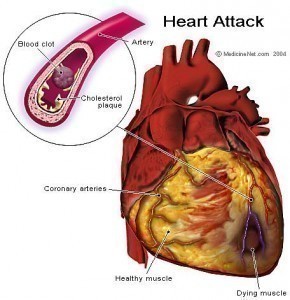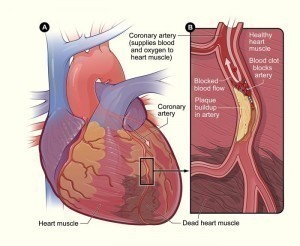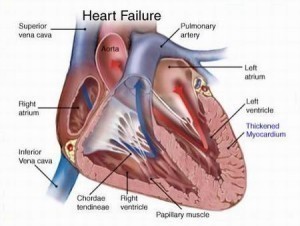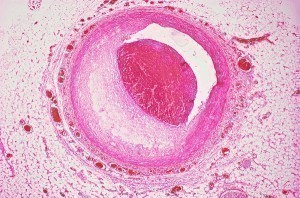Symptoms of Arterial Blockage in the Heart
Arterial blockage in the heart is a medical condition that needs utmost care because it is a highly serious disease. High intakes of cholesterol and fats are the major causes of blocked arteries and blood vessels. Because of limited blood flow, nutrients and oxygen are not distributed to the different organs and tissues of the human body. For people who barely know this severe medical condition, it is good to look at the different treatments, diagnosis and symptoms of arterial blockage in the heart.
Signs of Arterial Blockage in the Heart
When suffering from this kind of serious heart condition, patients are expected to show certain types of major and minor signs. Early symptoms of the disease include sharp chest pain, dull feeling and tingling sensation. Also referred to as angina, the pain is also described as persistent, acute and tight. Aside from chest pain, they can also feel shooting pain in various parts of their bodies including the jaw, arm, shoulder and abdomen.
Respiratory disturbance is another major symptom of this heart disease. Lightheadedness, exhaustion, fatigue and shortness of breath are amongst the associated signs of arterial blockage. Furthermore, patients can also feel verbal disruptions, weakness and nausea. When running and walking, those who are suffering from this serious medical condition can feel shooting pain in the legs.
Diagnosis of Arterial Blockage in the Heart
The heart is a very sensitive part of the human body. Therefore, it is highly important to consult the doctors right away upon the onset of the symptoms of arterial blockage. It is highly important to check the medical history of patients, which must be followed by physical examinations. Doctors usually ask their patients of signs like lack of appetite, fatigue and weakness. Precise diagnosis can also be provided by other diagnostic tests such as electrophysiologic testing, stress testing and electrocardiography.
Other diagnostic procedures can also help in determining the real cause of the problem including ultrasonography, x-rays and tilt table testing. In some cases, patients may need to undergo positron emission tomography, radionuclide imaging as well as magnetic resonance imaging, in order for doctors to come up with highly accurate diagnosis. However, many doctors prefer to use coronary angiogram over other methods.
Treatment for Arterial Blockage in the Heart
When suffering from this severe heart condition, doctors usually treat the disease with a pacemaker. This can actually benefit patients by helping their hearts to beat regularly. Regular exercise and proper diet can also help reduce the problem. Moreover, patients can prevent further damage to their hearts by avoiding different types of foods that are high cholesterol and fat.
For more information on Symptoms of Arterial Blockage In The Heart read:
